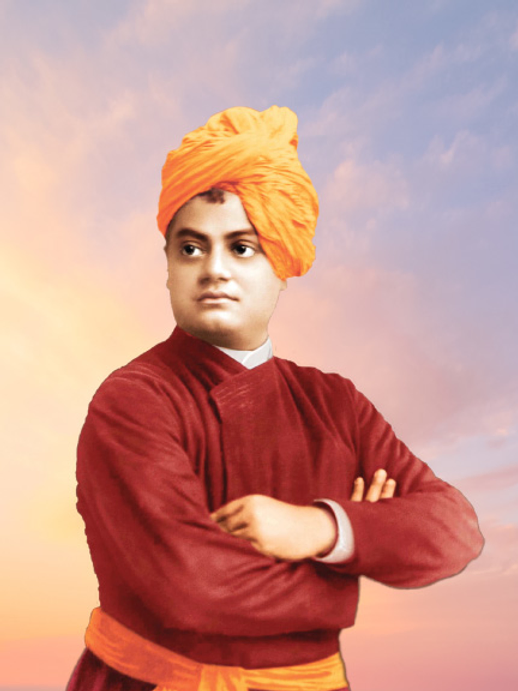Posted inInspiration & Self-Development General
Murphy’s Law and Its Many Cousins: The Ultimate Life Rulebook
Murphy’s Law, perhaps the most famous of all “life laws,” was coined in 1949 by Edward A. Murphy Jr., an aerospace engineer frustrated by a wrongly wired sensor during U.S. Air Force testing. His statement—“If there’s more than one way to...







































